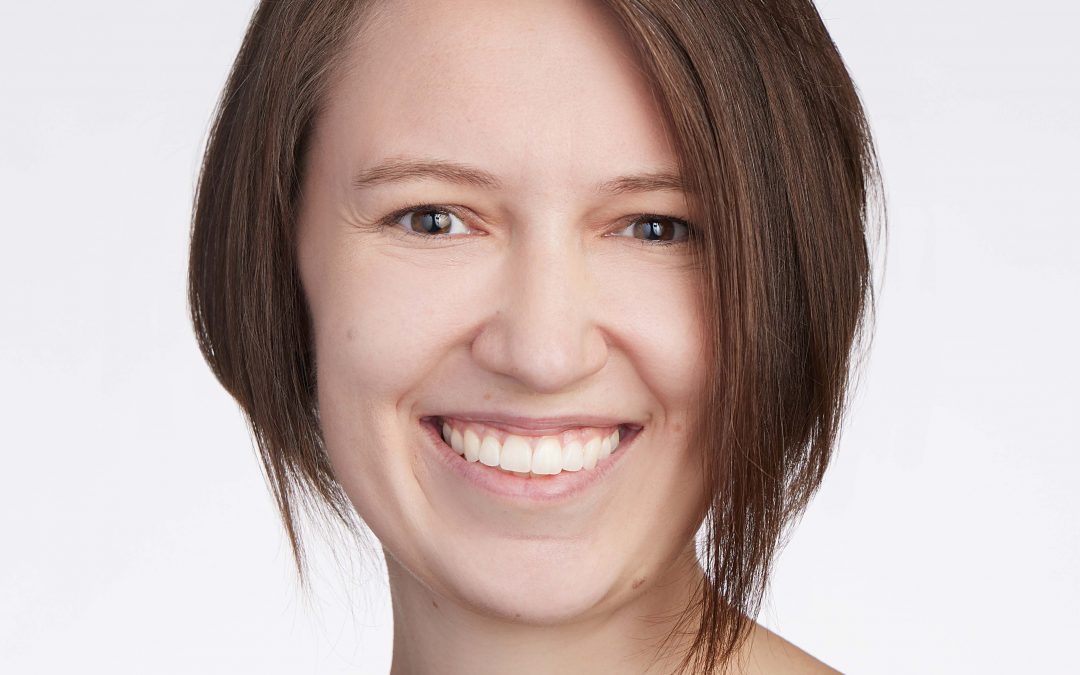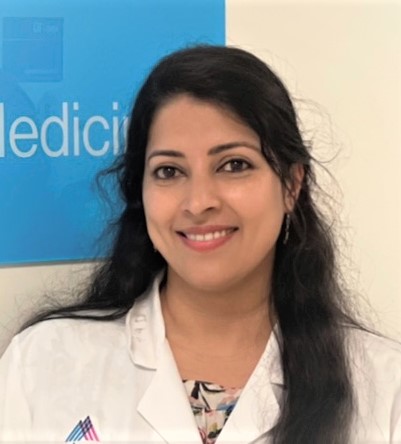 The LEAD program, supported by ConduITS Institute for Translational Sciences at the Icahn School of Medicine at Mount Sinai (CTSA) is 12-month program focused on leadership skills critical for the success of faculty at all stages of development and is of particular importance in the emerging landscape of Team Science. The curriculum includes modules in self-development, leading in challenging times, influence, negotiation, strategic vision, inspiring trust and valuing diversity.
The LEAD program, supported by ConduITS Institute for Translational Sciences at the Icahn School of Medicine at Mount Sinai (CTSA) is 12-month program focused on leadership skills critical for the success of faculty at all stages of development and is of particular importance in the emerging landscape of Team Science. The curriculum includes modules in self-development, leading in challenging times, influence, negotiation, strategic vision, inspiring trust and valuing diversity.
We recently had a chance to speak with Dr. Anuradha Lala-Trindade (Anu Lala), Assistant Professor, Medicine, Cardiology and Population Health Science and Policy, to discuss her experience in the LEAD Program. This is part of that conversation.
Throughout your medical training, you’re constantly focused on the next steps, from medical school to residency, to a fellowship to a specialized fellowship. Then you begin working and during the first year or two you’re getting comfortable but around year three, as you start to settle in, you might have feelings of being a little lost but I’m speaking from personal experience.
You’re not sure what those next steps are and what opportunities may be available for new faculty. It’s also a time of self-reflection which forces you to think about who you are, what you want to contribute and what you hope to receive in return. The soul searching can be hard but it’s necessary.
The immense Mount Sinai landscape can be a little overwhelming to navigate. I discussed this with a colleague Raj Vedanthan who is a few years senior to me and he suggested I apply to the LEAD Program, in 2018 my application was accepted.
I cannot say enough about the program, it brought me out of my silo in heart failure and cardiology. I met other junior faculty from across the health system. It was comforting to realize I was not alone and that many of us were facing the same challenges, seeking to better understand ourselves and how we could thereby better serve our health system.
Initially the program started out with a Hogan Personality Assessment conducted by Alan Friedman of J3P Healthcare Solutions.
This was revolutionary and transformative, the perspective that we each don’t have strengths or weaknesses, but rather we have certain traits that render how much energy we have to expend to achieve a certain task or goal.
To think of yourself in this more objective way is so empowering and to hear some of the program leads discuss their own struggles with self-doubt, self-inquiry and personal reflections made my goals feel more achievable.
We had classes on self-branding, conflict resolution, leadership styles, interviewing as a skill set, and they were conducted like genuine workshops which were very interactive and not in a didactic format.
I would walk away elated each month with a new sense of purpose. I met many wonderful and incredibly talented faculty members across disciplines in the health system who I really grew to love and admire.
The program culminated with a capstone project that applies your learning and what you want to see happen in your professional life at Mount Sinai. The title of my capstone was “Exploring Structure, Motivation and Leadership Styles at Mount Sinai in Heart Failure and Heart Transplant.”
Because I’m a heart failure cardiologist that falls under a section of Cardiology but I’m also a heart transplant specialist which falls under the purview of the Hospital as well as the fact that my contract falls under both Cardiology led by Dr. Sharma and Dr. Fuster but also under the Department of Population Health Science lead by Dr. Annetine Gelijns. Claiming my “home” within the Sinai system was important to me. In addition, there is the overarching structure, the CMO, the President of the Hospital, the Dean and all the other leaders. So, in order to better understand all the powers at play as they pertained to my position, I decided for my capstone that I was going to interview each one of the leaders I had exposure to and admired, sometimes at a distance.
Some of the leaders I interviewed included Dr. Sean Pinney who was the Director of Advanced Heart Failure and Cardiac Transplant at that time, Dr. Samin Sharma the Director of Clinical Cardiology, Dr. Valentin Fuster the Physician in Chief and Director of the Cardiovascular Institute, Dr. David Reich the President and COO, Dr. Shirish Huprikar the CMO, Dr. Annetine Gelijns the Chair of the Department of Population Health Science and Policy, Dr. Beth Oliver the Senior Vice President and Chief Nursing Executive, Dr. Anelechi Anyanwu, the Vice Chair of Cardiothoracic Surgery and Dr. Dennis Charney the Dean of the Medical School.
I was so pleasantly surprised and honored by the receptivity on the part of all these leaders and their willingness to engage with me and discuss perceptions of leadership. Some of the topics we touched on were leadership structure, how to motivate people, their vision for the future and what they did well and what they wished they could do better. I really wanted to understand their personal reflections on leadership as it applies to Mount Sinai.
I think the experience changed my trajectory at Mount Sinai. When you know there is benevolence, good intentions, resources and people to support you, you’re so much more secure in what you do. I realized not only is there possibility but real pathways and opportunities to thrive. All of these leaders collectively and individually made me feel that way and helped me realize the larger community I am a part of.
One of my future goals is to mentor and pay it forward. Hopefully, I can help make a difference for someone else to help others realize how many resources and opportunities there are for success and that everyone is important.
Dr. Lala is the Deputy Editor of Journal of Cardiac Failure, the Program Director of the Advanced Heart Failure Fellowship, the Director of Heart Failure Research and the 2020 recipient of the ACC Proctor Harvey National Junior Faculty Award for Teaching.
“ConduITS is supported by grant UL1TR001433 from the National Center for Advancing Translational Sciences, National Institutes of Health.”


